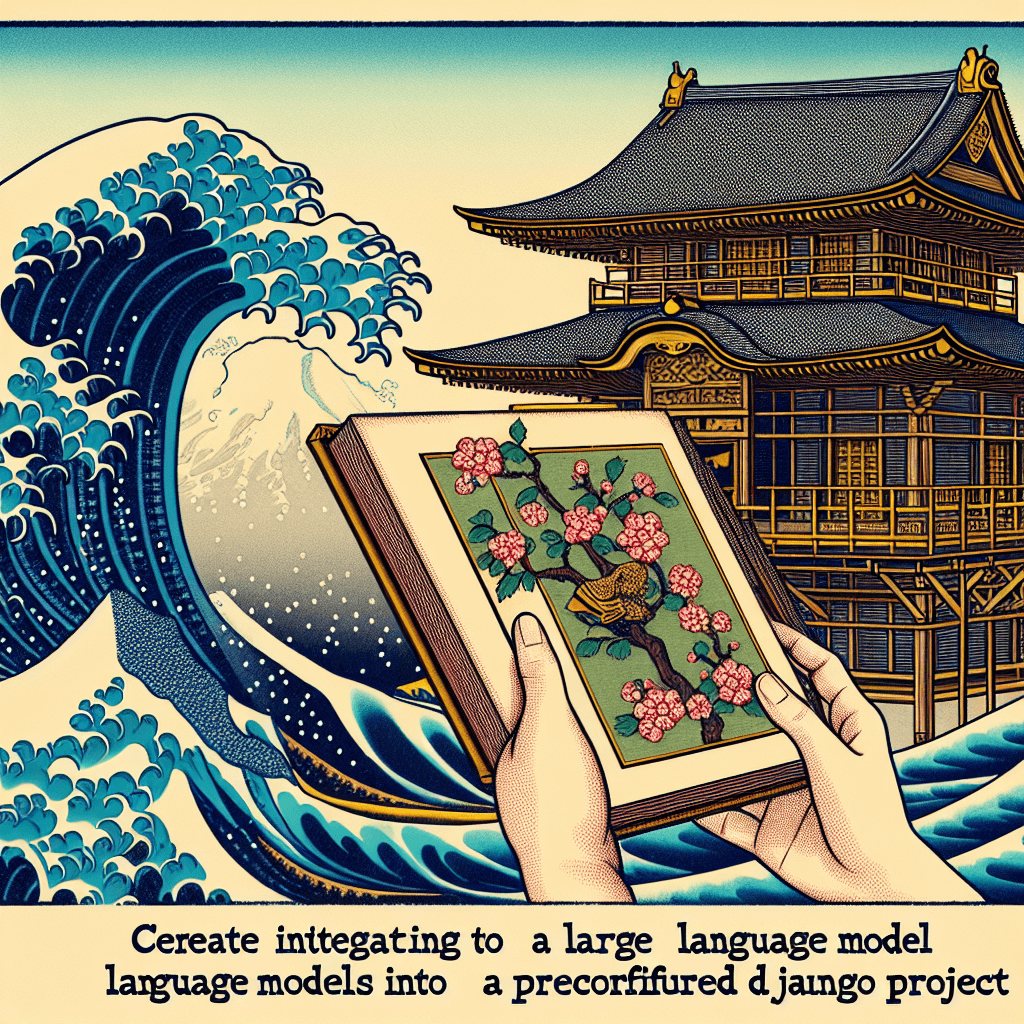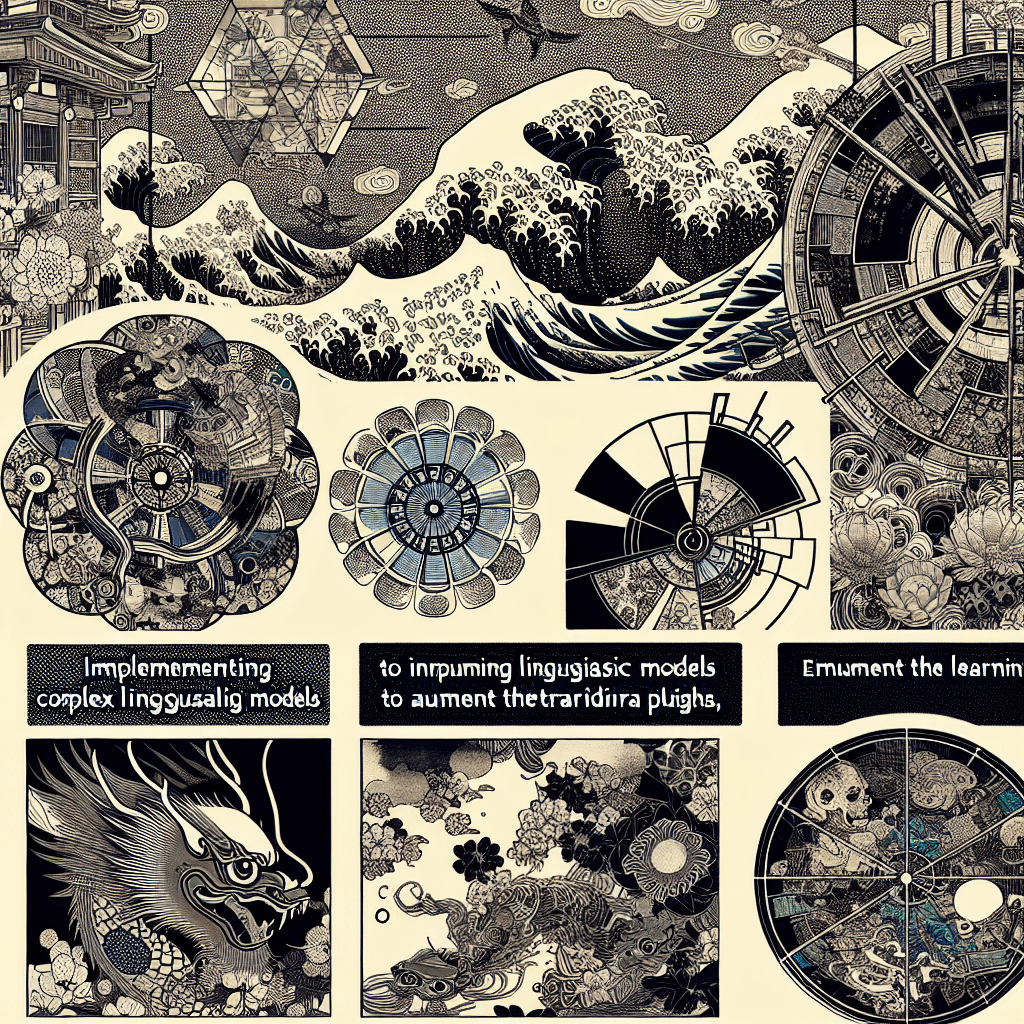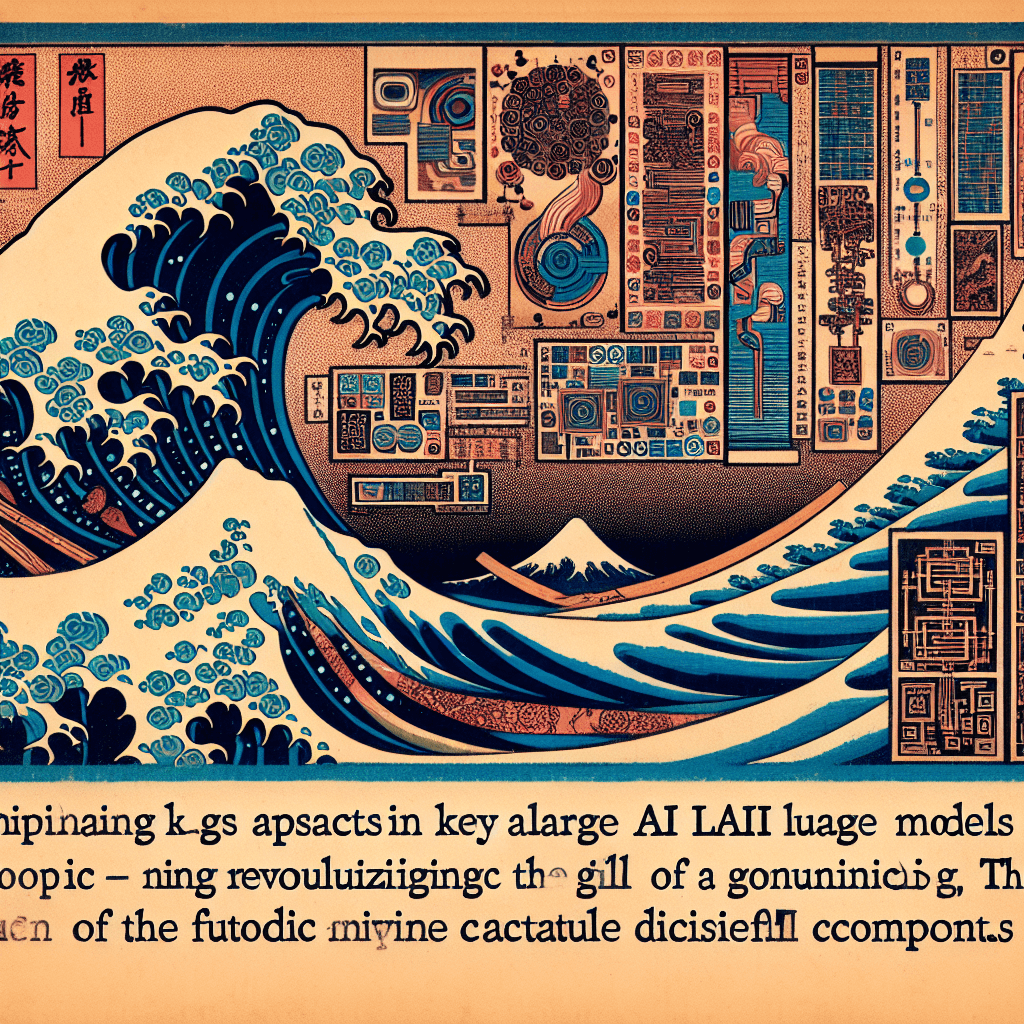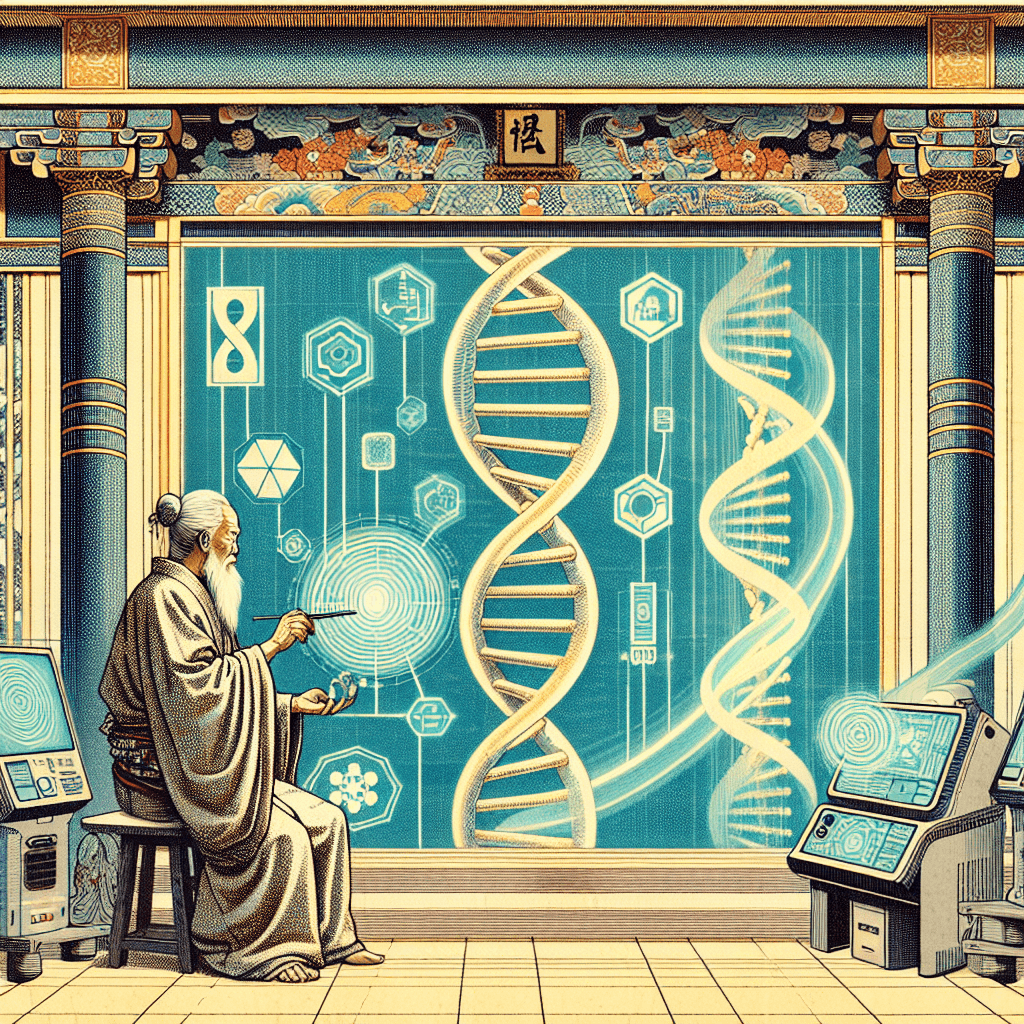Unraveling the Genetic Code: How AI Large Language Models are Revolutionizing Genomics and Personalized Medicine
syndu | June 4, 2023, 8:08 a.m.
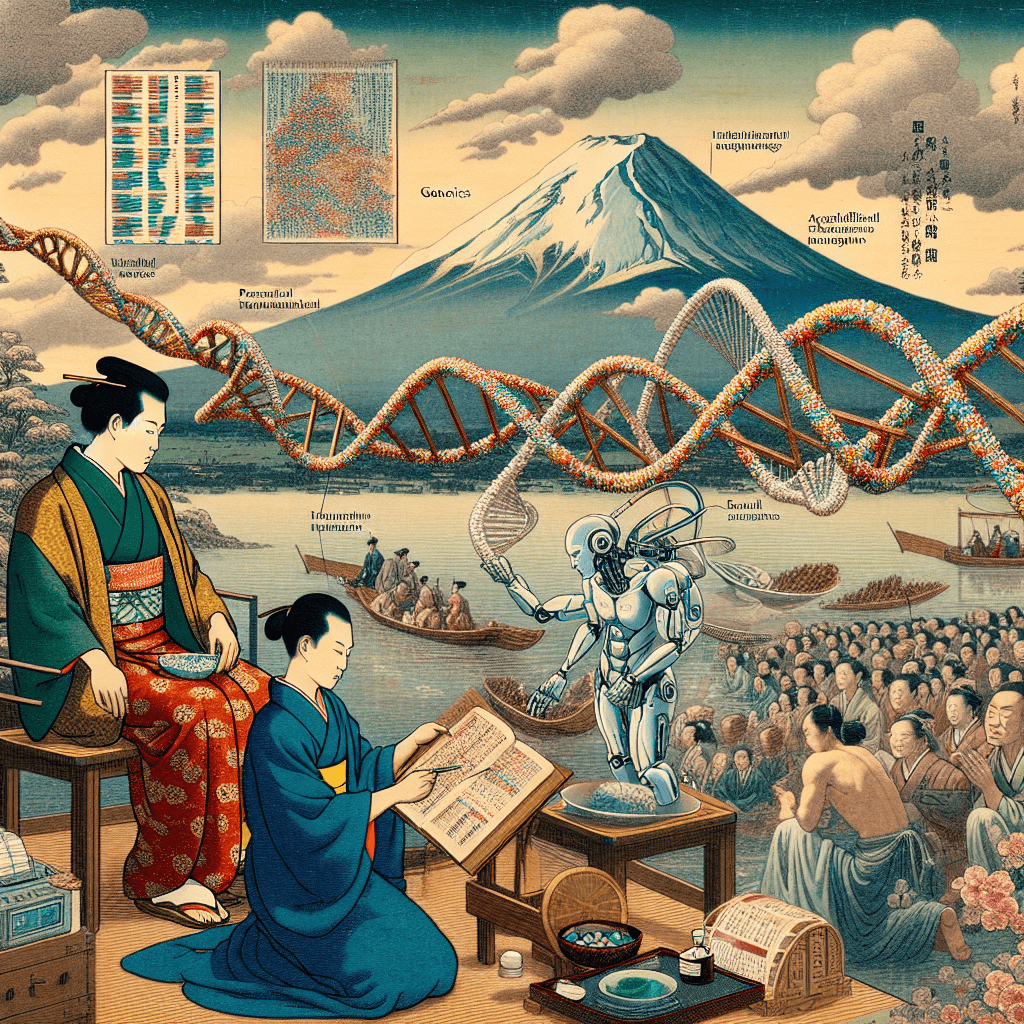
Unraveling the Genetic Code: How AI Large Language Models are Revolutionizing Genomics and Personalized Medicine
Introduction
The field of genomics has been making significant strides in recent years, thanks to advancements in sequencing technologies and computational biology. However, the next generation of AI Large Language Models is poised to give genomics an even more significant boost, unlocking the potential for groundbreaking research and personalized medicine. In this blog post, we will explore how genetic information can be viewed as a language, and the adjustments required to the core AI model technology to facilitate various types of research and breakthroughs in personalized medicine.
Genetic Information as a Language
At its core, genetic information is a complex code made up of four basic building blocks: adenine (A), cytosine (C), guanine (G), and thymine (T). These building blocks, or nucleotides, are arranged in specific sequences within the DNA molecule, forming the basis for the genetic code. This code is then translated into proteins, which are essential for the structure, function, and regulation of an organism's cells, tissues, and organs.
In many ways, genetic information can be thought of as a language, with its own unique syntax, grammar, and vocabulary. Just as natural languages have rules governing the arrangement of words and phrases, the genetic code has specific rules dictating the arrangement of nucleotides and the resulting protein sequences. This parallel between genetic information and language is what makes AI Large Language Models particularly well-suited for analyzing and interpreting genomic data.
Adapting AI Models for Genomic Research
To harness the full potential of AI Large Language Models in genomics, several adjustments must be made to the core AI model technology. These adjustments include:
- Adapting the tokenization process: Traditional AI language models tokenize text into words or subwords. For genomic data, tokenization must be adapted to handle the four nucleotide bases (A, C, G, and T) and their combinations in the form of codons (triplets of nucleotides).
- Incorporating domain-specific knowledge: AI models must be trained on large datasets of genomic sequences and relevant literature to develop a deep understanding of the biological context and the relationships between genes, proteins, and phenotypes.
- Handling long-range dependencies: Genomic sequences can be millions of nucleotides long, and important relationships may span large distances within the sequence. AI models must be able to capture these long-range dependencies to accurately predict functional elements and their interactions.
- Integrating multi-omics data: Genomic research often involves the integration of multiple types of data, such as transcriptomics, proteomics, and epigenomics. AI models must be able to incorporate and analyze these diverse data types to provide a more comprehensive understanding of the underlying biology.
The Future of Personalized Medicine
By adapting AI Large Language Models to the unique challenges of genomic research, we can unlock new insights into the genetic basis of disease, paving the way for personalized medicine. AI-driven genomic analysis can help identify disease-causing mutations, predict an individual's risk for specific conditions, and guide the development of targeted therapies.
Moreover, AI models can help researchers uncover previously unknown gene functions, interactions, and regulatory mechanisms, leading to a deeper understanding of the complex interplay between genetics and environmental factors in human health.
The next generation of AI Large Language Models holds immense promise for the field of genomics and personalized medicine.
Conclusion
By viewing genetic information as a language and making the necessary adjustments to AI model technology, we can accelerate the pace of discovery and bring the benefits of personalized medicine to patients worldwide. The future of genomics is bright, and AI is poised to play a central role in unlocking its full potential.

